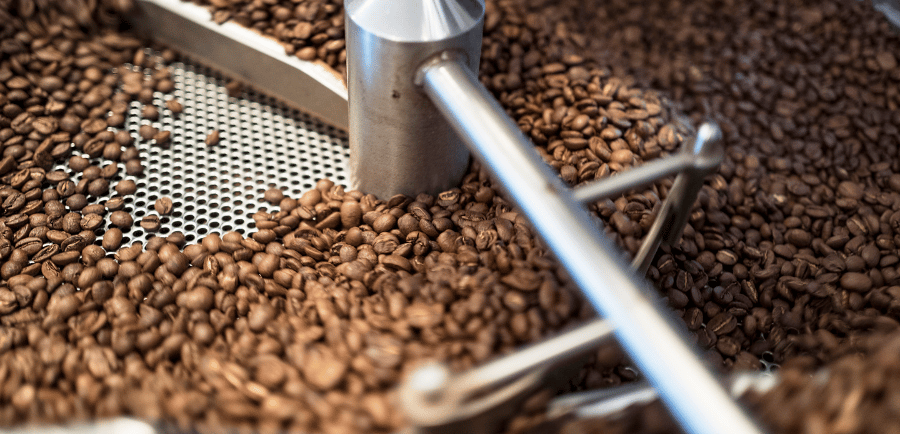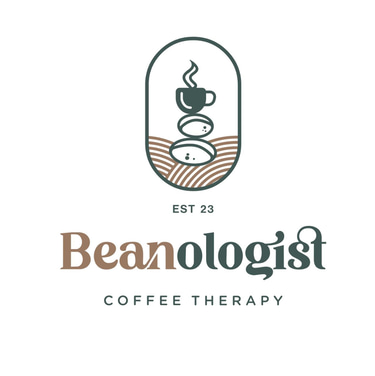Beyond the Brew
Beyond the Brew: Why Coffee Enthusiasts are Craving Transparency and Traceability For generations, coffee has been a morning ritual, a social lubricant, and an essential fuel for late-night endeavors. But today, coffee lovers are brewing up a new demand
1/2/20242 min read


Beyond the Brew: Why Coffee Enthusiasts are Craving Transparency and Traceability
For generations, coffee has been a morning ritual, a social lubricant, and an essential fuel for late-night endeavors. But today, coffee lovers are brewing up a new demand: transparency and traceability. They want to know the story behind their cup, from the soil where the beans were nurtured to the hands that roasted them with care. This shift in the coffee landscape is about more than just satisfying curiosity; it's about ethical consumption, sustainable practices, and a deeper connection to the people and places that bring us this beloved beverage.
Tracing the Roots of a Growing Trend:
Several factors are fueling the need for coffee transparency:
Ethical Sourcing Concerns: Consumers are increasingly aware of the challenges faced by coffee farmers, including unfair wages, poor working conditions, and environmental degradation. They want to ensure their coffee habit doesn't contribute to these issues.
Quality Matters: Knowing the origin and processing methods of your beans allows you to make informed choices about quality and flavor. Direct trade relationships often lead to higher standards and unique flavor profiles.
The Human Connection: Coffee farmers are not just faceless figures in a distant land. Consumers are eager to connect with the individuals who cultivate and hand-process their beans, building a connection to the source of their daily cup.
Brewing a More Sustainable Future:
Transparency and traceability go beyond ethical sourcing; they can be powerful tools for building a more sustainable coffee industry:
Environmental Accountability: Tracking the entire coffee lifecycle, from farm to cup, allows for identifying and addressing environmental concerns like deforestation and water usage.
Empowering Farmers: Fair trade initiatives and direct relationships incentivize sustainable practices among farmers, improving their livelihoods and promoting economic development in coffee-growing regions.
Combating Fraud: Knowing the journey of your coffee beans makes it harder for counterfeit or low-quality products to infiltrate the market.
Finding Your Story in Every Cup:
So, how can you become a part of this movement for transparency and traceability? Here are some tips:
Seek out coffee roasters who prioritize transparency: Look for roasters who share information about their beans' origins, farming practices, and roasting methods.
Ask questions: Don't be shy to ask your barista or roaster about where the beans come from and how they were processed.
Support direct trade initiatives: Look for coffees labeled as "direct trade" or Fair Trade Certified, which guarantee fairer prices for farmers.
Explore online resources: Several platforms connect coffee enthusiasts directly with coffee farmers, offering a deeper understanding of the journey from farm to cup.
By choosing coffee with transparency and traceability, you're not just brewing a delicious beverage; you're brewing a story of human connection, ethical practices, and environmental responsibility. In every cup, you're supporting a more sustainable future for coffee growers, the planet, and your own mindful enjoyment of this beloved drink. So, next time you reach for a cup, take a moment to appreciate the journey it took to get there, and raise a toast to the power of transparency in every sip.
#coffeetransparency #traceability #ethicalsourcing #sustainability #coffeelover #directtrade

